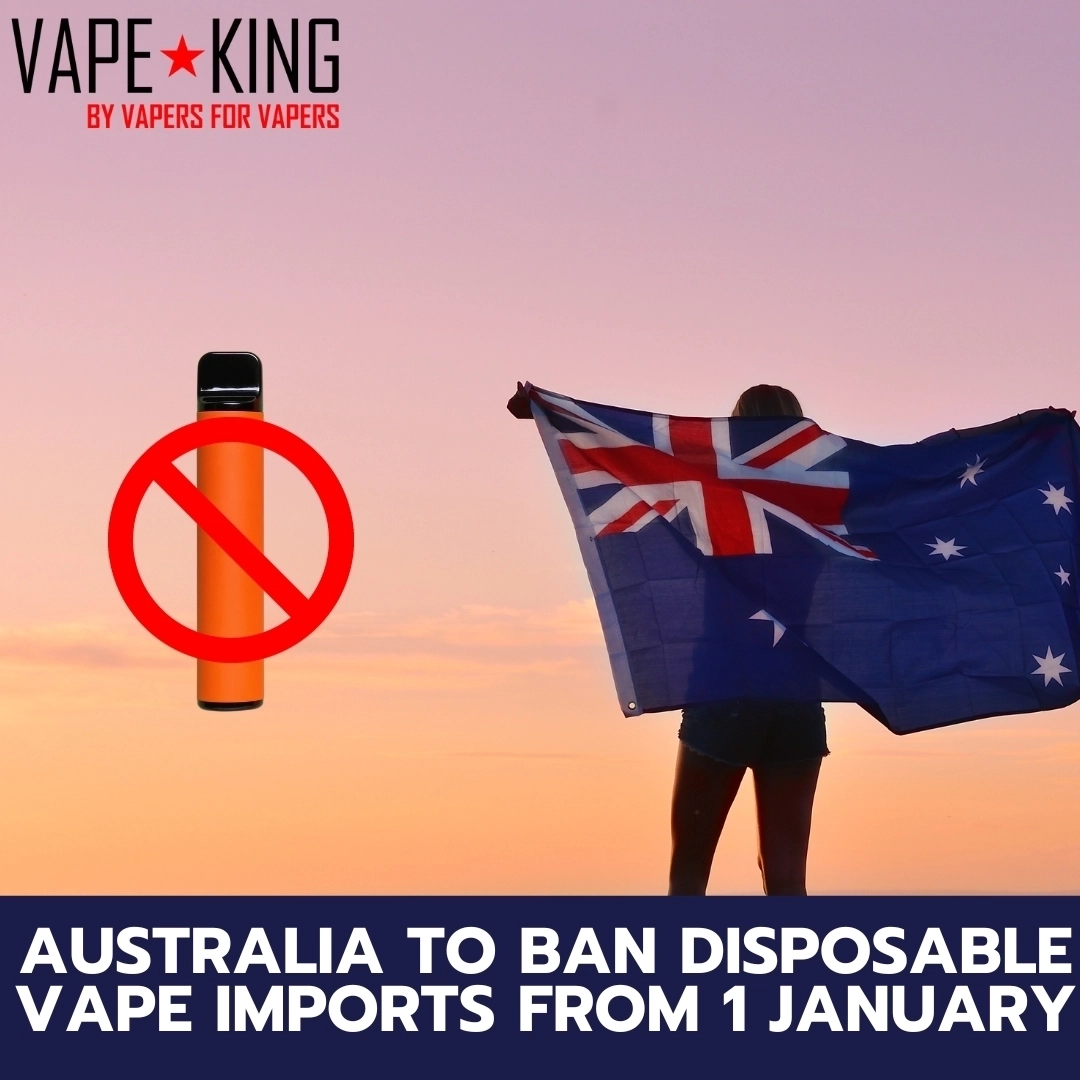Australia to ban disposable vape imports from 1 January

Australia is set to enforce a ban on disposable vape imports starting from January 1, a move swiftly applauded by the medical community. Health Minister Mark Butler attributes this measure to counteract a worrying surge in vaping among young Australians. While vaping was initially marketed to assist long-term smokers in quitting, it has, unfortunately, evolved into a recreational product, particularly targeting youth, according to Butler.
"The great majority of vapes contain nicotine, and children are becoming addicted," Butler remarked. A staggering one in seven children aged 14-17 reportedly uses vapes, indicating a concerning trend. The government has highlighted "consistent evidence" that young Australians who engage in vaping are approximately three times more likely to transition to tobacco smoking.
To reinforce these restrictions, legislation is scheduled to be introduced in 2024, prohibiting the manufacture, advertising, or supply of disposable vapes within Australia. This comprehensive approach was met with approval from the Australian Medical Association, whose president, Steve Robson, lauded the government's decisive steps in curbing vaping.
Australia has a commendable history in combating smoking, having pioneered "plain packaging" laws for cigarettes in 2012—a policy later adopted by countries such as France and Britain. The country's commitment to anti-smoking efforts is further demonstrated by high tobacco taxes, resulting in a packet of cigarettes costing approximately Aus$50 (US$33).
The government is also instituting a scheme to permit doctors and nurses to prescribe vapes "where clinically appropriate" starting January 1. This move aligns with Australia's ongoing commitment to public health and mirrors its past successes in tobacco control.
While neighboring New Zealand was historically aligned with Australia in the fight against smoking, recent political changes have shifted its stance. The newly elected conservative coalition government has vowed to discard a "generational smoking ban," raising concerns about potential setbacks in tobacco control.
Kim Caudwell, a senior lecturer in psychology at Charles Darwin University in Australia, warns against viewing vaping as a harmless alternative, noting that for some individuals, it serves as a "dangerous gateway" to tobacco smoking. Consequently, the rise in vaping may ultimately impact population health by contributing to a resurgence in tobacco use.
No posts found
Write a review


